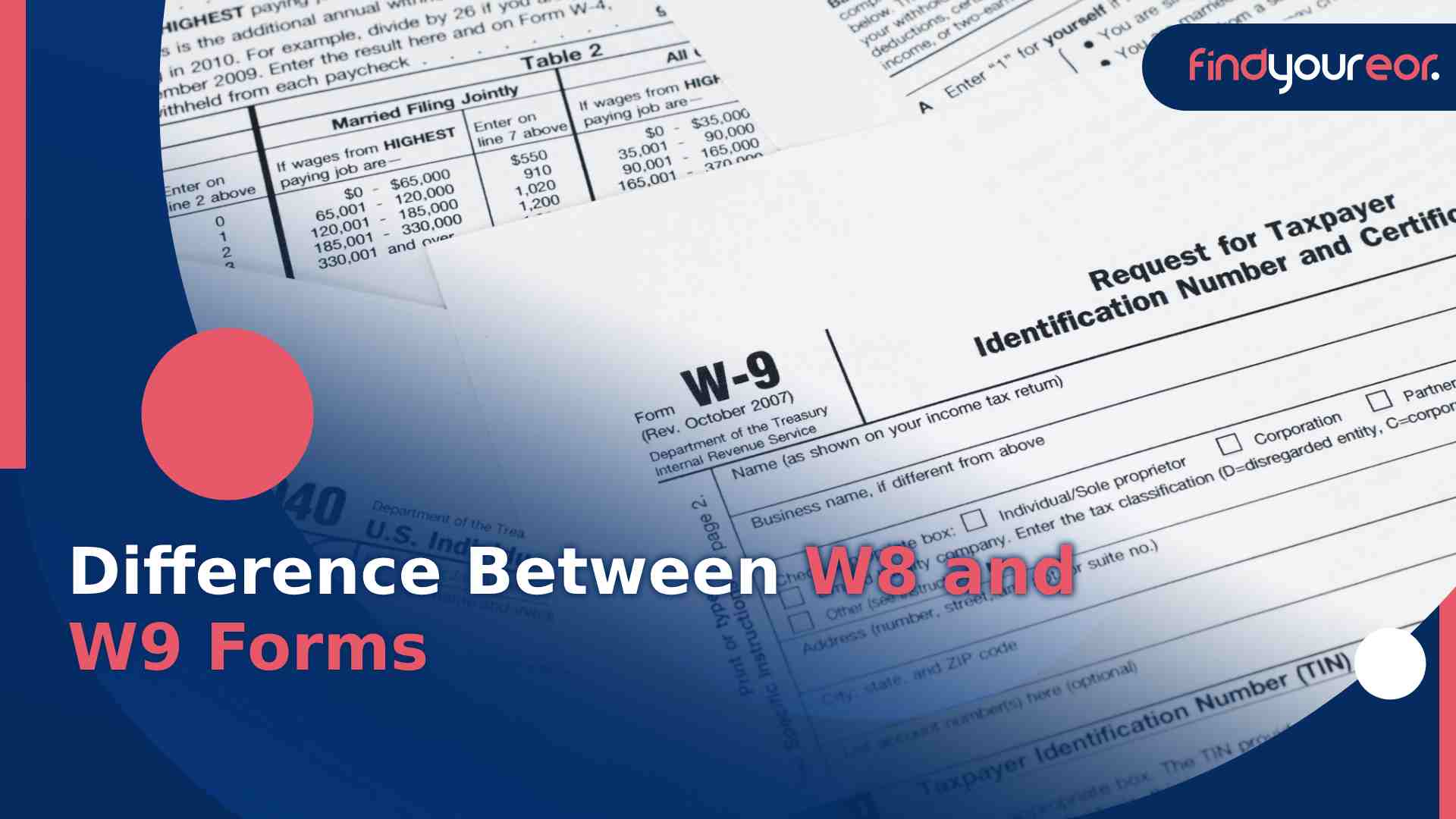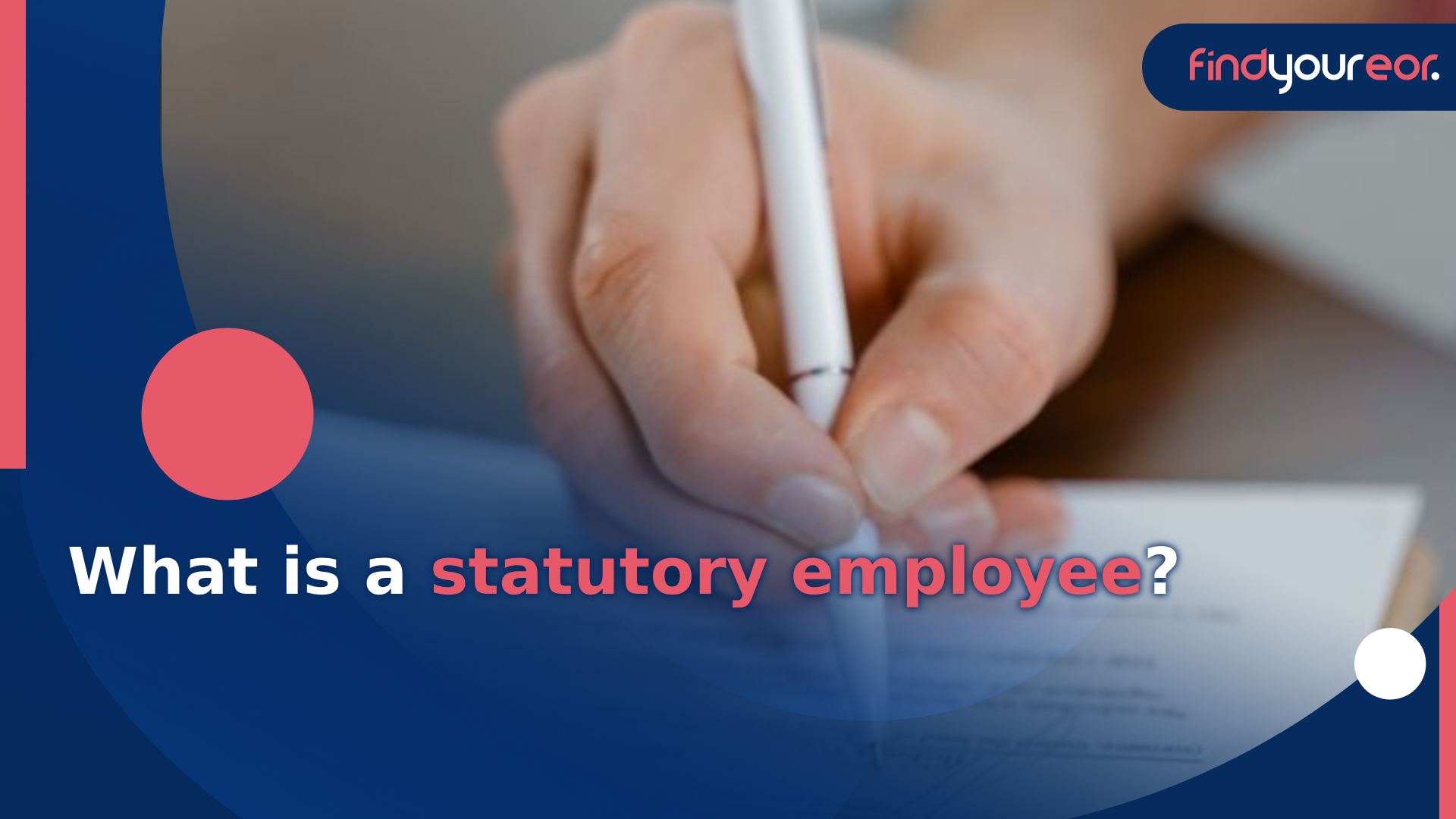Unlocking the Essence of Work Culture in Germany
Last update: December 5th 2023
Efficiency defines Germans at work, underscoring the unique work culture in Germany. Germans prioritize structured workflows, setting clear objectives, and fostering a collaborative atmosphere.
In this article, explore the nuances of Germany's distinctive work culture, providing insight into your new professional environment. Therefore, if you have been interested in topics like Contract Staffing, this will interest you. Keep reading!
What is the German work ethic?
Understanding the German work ethic is pivotal for anyone navigating the professional landscape in Germany. Therefore, the work ethic in Germany is deeply ingrained in efficiency, precision, and a commitment to excellence. Germans value hard work, dedication, and a meticulous approach to tasks. However, it is important to note that the German work ethic is not solely about putting in long hours; rather, it emphasizes productivity and the quality of output.
In the context of the work culture in Germany, the German work ethic plays a central role in shaping the expectations and behavior of employees. The emphasis on efficiency and precision permeates all aspects of work, from daily tasks to long-term projects. This strong work ethic contributes to Germany's reputation as an economic powerhouse.
What is the workforce like in Germany?
The workforce in Germany is characterized by a diverse mix of skilled professionals, reflecting the country's strong emphasis on education and vocational training. So, the German workforce is known for its technical proficiency, innovation, and a robust work ethic. Moreover, the workforce in Germany values collaboration and teamwork, even though German culture tends to be more individualistic.
Within the framework of work culture in Germany, the workforce's composition is a key factor influencing dynamics in the workplace. Also, the emphasis on collaboration aligns with the notion of a strong team spirit within German companies, fostering an environment where collective efforts drive success.
How is the work-life balance in Germany?
The work-life balance in Germany is carefully maintained, reflecting the importance placed on personal well-being. Germans appreciate clear boundaries between professional and personal life, adhering to designated working hours. Therefore, the work culture in Germany embeds a commitment to a healthy work-life balance, encouraging employees to take breaks, use vacation time, and prioritize family and personal activities.
However, the work-life balance can vary depending on the industry and company. While Germany emphasizes efficiency at work, there is a concerted effort to ensure that employees have the time and space for their personal lives. So, striking this balance contributes to job satisfaction and overall well-being.
What is the business mentality in Germany?
The business mentality in Germany revolves around strategic thinking, long-term planning, and a results-oriented approach. Therefore, Germans prioritize sustainability and often view business decisions through the lens of their long-term impact. The business mentality values collaboration and partnership-building equally, although competitiveness is inherent.
This business mentality aligns seamlessly with the principles embedded in the work culture in Germany. The emphasis on efficiency, structured processes, and a commitment to excellence reflects the broader business mentality. Understanding and adapting to this mentality are crucial for professionals engaging in business activities within the German context.
In summary, embracing these additional rules further enriches your understanding of the multifaceted work culture in Germany. Navigating the German professional landscape becomes more seamless when these principles are integrated into your daily work life.
What is Germany's business culture?
Renowned for professionalism, reliability, and adherence to structured processes, Germany's business culture sets high standards. Business transactions in Germany often involve thorough planning and meticulous attention to detail. Therefore, the business culture in Germany values punctuality and adherence to agreements, reflecting a commitment to trust and dependability.
In terms of the broader work culture in Germany, the business culture serves as a guiding framework. The professionalism and emphasis on reliability extend beyond individual interactions to shape the overall ethos of the workplace. So, companies in Germany often reflect these values in their organizational structures and daily operations.
What are the rules surrounding work culture in Germany?
Efficiency characterizes Germans at work, embodying the core essence of the work culture in Germany. Also, this widely recognized trait goes beyond mere clichés, reflecting a profound commitment to productivity within German workplaces.
In exploring the intricacies of the work culture in Germany, one encounters a workplace ethos marked by punctuality and a robust sense of teamwork. So, colleagues rely on each other's commitment, fostering a collaborative environment where efficiency naturally flourishes.
For this reason, embarking on your journey to understand the work culture in Germany, our comprehensive guide delineates ten essential rules, providing invaluable insights for navigating your daily professional life in this dynamic setting.
Rule #1: Time is Precious
Contrary to the notion of Germans being spontaneous, they prioritize long-term planning, emphasizing security over spontaneity. The meeting room in German companies buzzes with activity five minutes before scheduled starts. Consequently, work colleagues, committed to punctuality, calmly prepare for meetings, fostering an atmosphere of diligence and respect for deadlines.
This commitment to punctuality extends across various facets of time management. Be it meeting deadlines or adhering to scheduled appointments, the work culture in Germany places a premium on precision and adherence to timelines. So, any deviation is acceptable only under exceptional circumstances.
Rule #2: Efficiency is Key
Germany leads in productivity among EU countries, boasting a remarkable 27.2%. Despite this, it ranks lowest in working hours, epitomizing a work culture in Germany that values efficiency. Therefore, colleagues minimize small talk, especially in meetings, emphasizing direct, purposeful communication to optimize project contributions.
In this context, the work culture in Germany strikes a balance between high productivity and shorter working hours. Therefore, it is a testament to the country's commitment to efficiency, where employees deliver impactful results without unnecessary time expenditure.
Rule #3: Strong Structures
Reflecting Germans' penchant for reliability and safety, the work culture in Germany is characterized by clear structures. So, this applies not only to time management but also to working hours. At 5 p.m., pencils drop, indicating the end of the workday. Overtime is discouraged, emphasizing the importance of maintaining a work-life balance.
Consequently, the commitment to leaving work at the workplace enhances the overall well-being of employees.
Rule #4: Work Stays at Work
The work culture in Germany promotes a distinct separation between professional and private life. While socializing with colleagues after work is common, discussions steer clear of work-related topics. Therefore, the end of the workday signals a mental shift, reinforcing the idea that work stays at work.
This demarcation extends to lunch breaks, emphasizing a dedicated 30-minute to an hour break between working hours. So, engaging in work-related activities during this time is discouraged, fostering a culture where personal time is cherished.
Rule #5: There's No "I" in Team
Contrary to perceptions of individualism, the work culture in Germany prioritizes group dynamics. So, team spirit is a driving force in German companies, fostering a sense of community during meetings and collaborative efforts. For this reason, this collective approach underscores the importance of listening, discussing, and debating to formulate effective strategies and maximize efficiency.
The "we-feeling" or "Wir-Gefühl" is pivotal in the work culture in Germany, heightening individual responsibility. Also, the work culture in Germany hails teamwork as a cornerstone asset, ensuring that colleagues can rely on one another, reinforcing the collaborative spirit shaping the German professional landscape.
Rule #6: Your Manager, Your Mentor
Despite the hierarchical appearance in formal settings, the work culture in Germany fosters a mentor-mentee relationship with managers. Therefore, it is a collaborative partnership where managers guide rather than dictate, encouraging open communication and joint problem-solving.
Fear not if you encounter challenges meeting deadlines; encourage communication with your manager. Consequently, this mentoring role facilitates a two-way relationship, where project objectives and deadlines are collaboratively determined. The focus is on joint decision-making to ensure timely project completion.
Rule #7: Showing Respect
The German language reflects formal manners, emphasizing the distinction between formal and informal address. Therefore, in smaller companies, formal "Sie" is customary when addressing managers, with exceptions being rare. Individuals holding a doctorate often prefer being addressed by their title.
This formality diminishes in young or international companies with flat hierarchies, where a more informal approach is common. Understanding and respecting these nuances contribute to successful integration into the work culture in Germany.
Rule #8: Those Who Are Sick Stay at Home
Health takes precedence in the work culture in Germany, with employees expected to stay home when unwell. So, the average German visits the doctor 18 times a year, reinforcing the importance of prompt medical attention. After three days of sick leave, a medical note is required, promoting a healthy and considerate work environment.
Therefore, this approach aligns with the broader emphasis on well-being within the work culture in Germany, highlighting the significance of maintaining a healthy balance between work and personal life.
Rule #9: Your Dress Code Reflects Your Professionalism
In traditional German companies, the dress code signifies professionalism and control over one's life. Ripped jeans are replaced by suit trousers, and a polished appearance is prioritized. Therefore, the work culture in Germany values a well-groomed and professional image, symbolizing competence and commitment.
So, this unwritten rule underscores the importance of personal presentation within the professional sphere, contributing to an environment where individuals take pride in their appearance.
Rule #10: The Early Bird Catches the Worm
Early risers are Germans, considering early morning starts commendable rather than peculiar. Starting work at 6:30 a.m. is not unusual, and those who commence work early are entitled to leave early. Therefore, this flexibility ensures a healthy work-life balance, with early birds enjoying early exits from the office, a practice widely accepted in the work culture in Germany.
What are the Benefits of Working in Germany?
Here are the main benefits of the Germany working culture:
· High-Quality Work Environment. So, Germany working culture provides access to a high-quality work environment characterized by efficiency, professionalism, and a commitment to excellence.
· Competitive Salaries. Employees in Germany often enjoy competitive salaries, reflecting the country's robust economy and appreciation for skilled professionals.
· Strong Work-Life Balance. Germany places a strong emphasis on maintaining a healthy work-life balance, allowing employees to enjoy their personal lives without compromising professional success.
· Career Development Opportunities. The German work landscape offers ample opportunities for career development and growth, with a focus on continuous learning and skill enhancement.
· Social Security Benefits. Employees benefit from Germany's comprehensive social security system, which includes health insurance, pension contributions, and unemployment benefits.
· Innovative Work Culture. So, Germany's work culture encourages innovation and creativity, providing an ideal environment for professionals to contribute to cutting-edge projects and advancements. This is essential in the work culture in Germany!
· International Exposure. Working in Germany often involves collaboration with diverse teams and exposure to an international work environment, fostering cultural exchange and global perspectives.
· Educational Opportunities. Germany boasts world-renowned educational institutions and offers opportunities for employees to further their education or pursue additional qualifications.
· Excellent Healthcare System. So, employees in Germany have access to a top-tier healthcare system, ensuring quality medical care and well-being for themselves and their families.
· Rich Quality of Life. Beyond the workplace, Germany offers a high quality of life, featuring cultural richness, beautiful landscapes, and a well-developed infrastructure.
How can I Kickstart My Career in Germany?
Learn these tips about the work culture in Germany:
· Research Thoroughly. Before moving, extensively research the German job market, industries, and cultural nuances to have a comprehensive understanding.
· Learn the Language. While English is widely spoken, learning German enhances your integration and opens up more job opportunities, showing commitment to local culture.
· Networking Matters. Therefore, build a strong professional network by attending industry events, joining online forums, and connecting with local professionals to access hidden job markets.
· Understand Work Culture. Familiarize yourself with the German work culture, emphasizing punctuality, efficiency, and a collaborative approach to enhance your professional integration.
· Certify Your Qualifications. Validate your qualifications with German standards, ensuring they are recognized by local employers and institutions, facilitating a smoother job search.
· Tailor Your CV. Customize your CV to align with German expectations, emphasizing relevant skills and experiences, and include a professional-looking photo.
· Prepare for Interviews. Master the art of German-style interviews, focusing on professionalism, clarity, and demonstrating how your skills align with the company's values.
· Utilize Job Portals. Leverage German job portals, company websites, and recruitment agencies to explore job opportunities and stay updated on the latest vacancies.
· Be Patient with Bureaucracy. Embrace the bureaucratic process when dealing with visas and permits, recognizing that patience is crucial for a successful transition.
· Cultural Integration. So, embrace German culture by participating in local activities, attending language classes, and being open to new experiences, facilitating a smoother transition into your professional and personal life.
Learn more about the intricacies of employment worldwide on our insights section!


















.jpg)




















